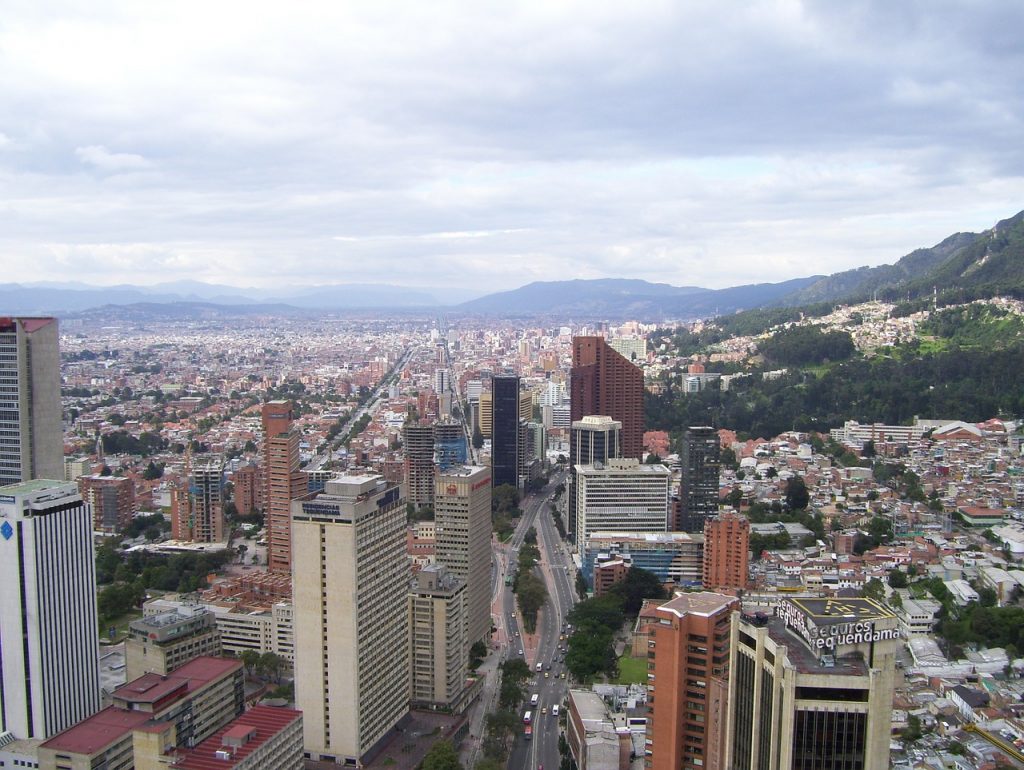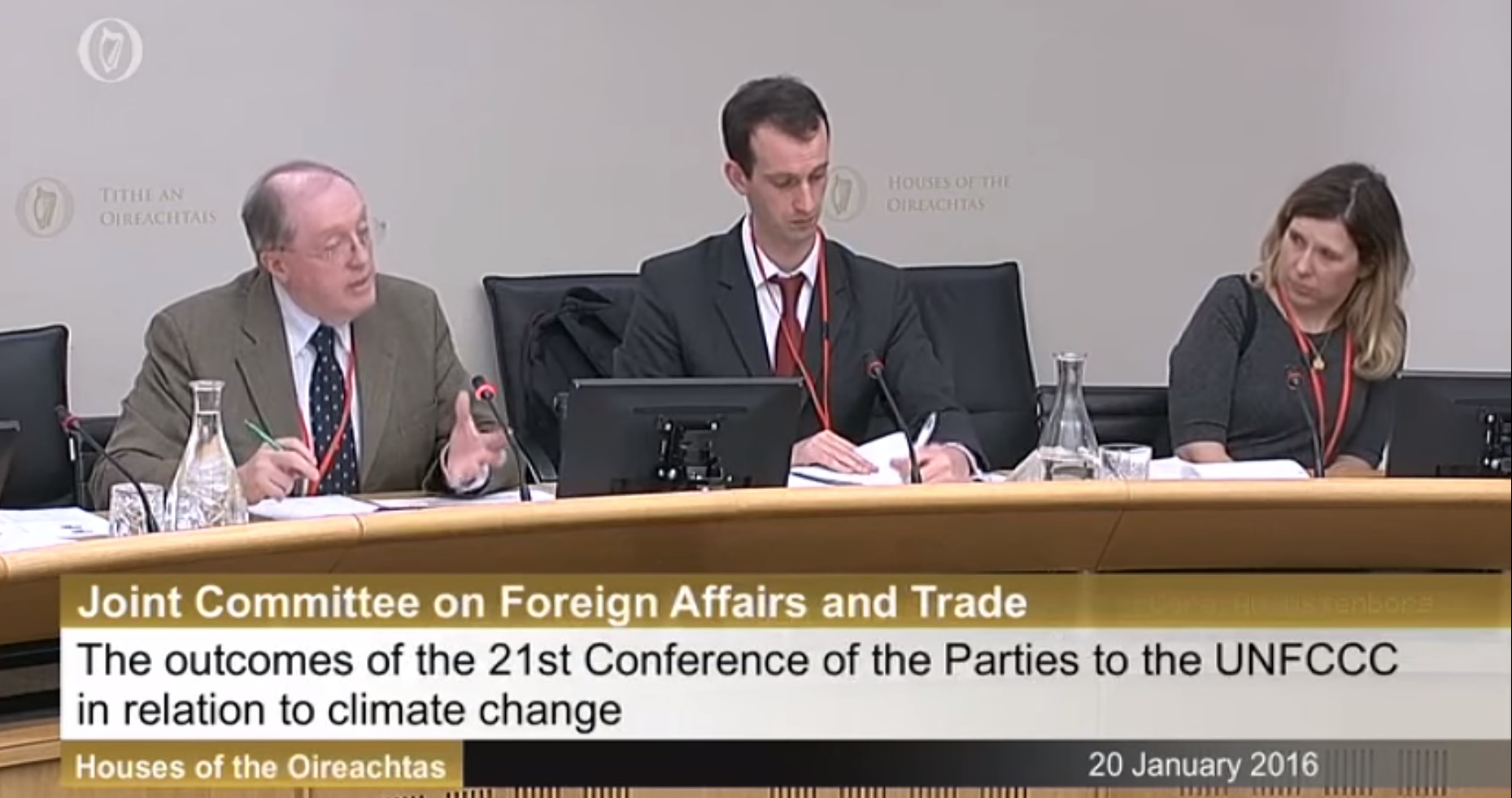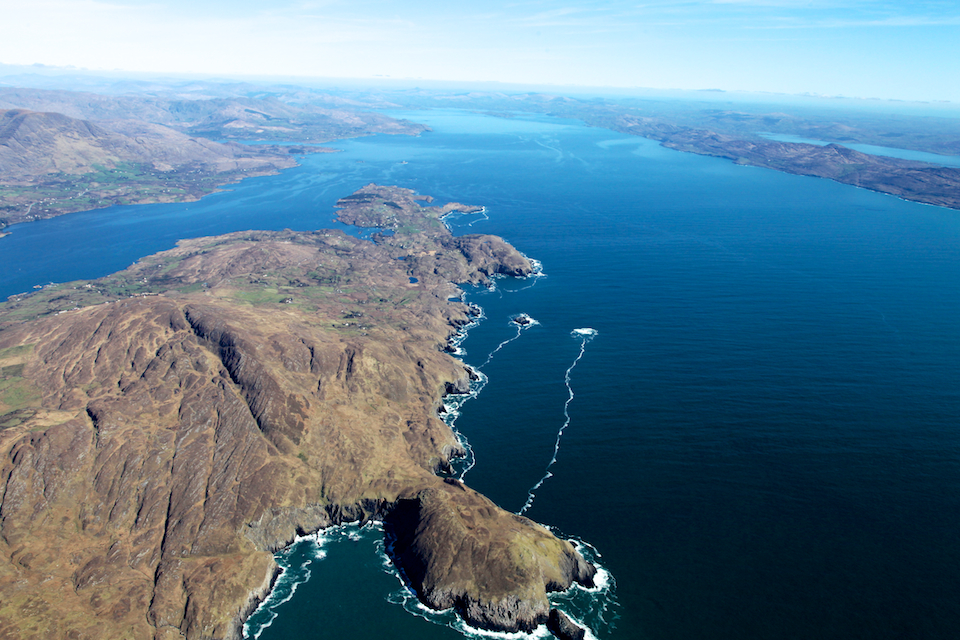Colombian youths suing their State over environmental and climate issues

February 14th, 2018
A group of young Colombians has taken legal action against the government, demanding that it safeguards their rights to a better environment, water, food, health, and life.
The twenty-five Colombians from the ages of seven to 26 argue that deforestation, which shot up almost 44 per cent in 2016, violates the right of Colombian children and youth to enjoy a healthy environment.
The lawsuit, brought with the support of NGO Dejusticia, is the first of its kind in Latin America and is based on a “tutela”, a special figure under the Colombian Constitution used to protect fundamental rights.
According to the director of Dejusticia and the plaintiffs’ lawyer, César Rodríguez, the case is part of a wider wave of climate change litigation around the world.
He added: “Just as cities like New York and San Francisco have sued oil companies for their role in fuelling climate change and a court ordered the Netherland’s government to reduce its carbon emissions, we are asking that Colombia fulfils its prior commitments to tackle climate change.”
The youth group is also requesting that the government establishes an intergenerational agreement, which would allow younger generations to participate in the decision making progress on future climate policy.
They argue that the country is facing a critical moment because of deforestation in the Colombian Amazon and that the government’s poor safeguarding of the environment makes the use of emergency measures a necessity.
The Amazon forest is estimated to play an important role in the supply of drinking water for eight million citizens who live in Colombia`s capital, Bogota as rainfall coming from the Amazon region feeds into the local páramos ecosystem that acts as the biggest source of Bogota’s water.
Colombian cities such as Providencia and Bogota are expected to be deeply affected by climate change in the coming decades, according to Colombia`s Institute of Hydrology, Meteorology and Environmental Studies (IDEAM). The Institute estimates, for example, that the temperature of Providencia will rise by 1.4C and rainfall will decrease by 32 per cent by 2070.
The Irish Climate Case
Similar to the case in Colombia, Irish NGO Friends of the Irish Environment (FIE) is seeking to bring a lawsuit against their government, claiming it has failed to prevent the country against the effects of climate change.
The legal challenge states that Ireland`s National Mitigation Plan hasn`t done enough to decrease island`s CO2 emissions, which the environmental group says violates Ireland`s Climate Act and the Irish Constitution.
Director of FIE, Tony Lowes, claimed that though the government has promised several times to decrease its CO2 emissions around 25 to 40 percent by 2020, Ireland`s emissions are expected to grow during this period. The case is expected to be heard in the High Court at the end of February.

Aerial photo of Bogata, Colombia Photo: Julianza/Pixabay
Fundamental Right to a Healthy Environment
In a separate case last week, the Inter-American Court recognized the right to a healthy environment as fundamental to human existence. The court issued an Advisory Opinion in response to Colombia’s consultation on the scope of States’ obligations to protect human rights from damages to the marine environment in the Greater Caribbean region.
The Court also recognized the impact of climate change on human rights, particularly for the most vulnerable, such as indigenous peoples, children, and those living in extreme poverty.
“We celebrate this decision, which will undoubtedly serve as a global example and a fundamental legal tool for those of us who work for environmental and climate justice,” said Astrid Puentes Riaño, co-executive director of the Interamerican Association for Environmental Defense.
Last November, the Irish High Court recognised for the first time the constitutional right of Irish people to an environment that is consistent with the human dignity and well-being of citizens.
Mr Justice Barrett recognised for the first time a constitutional right to environmental protection “that is consistent with the human dignity and well-being of citizens at large”. In his judgement, Mr Justice Barrett said that such a right “is an essential condition for the fulfilment of all human rights”.
[x_author title=”About the Author”]






